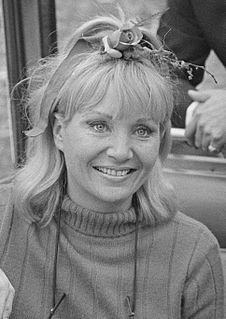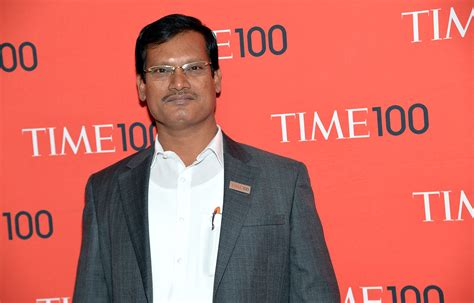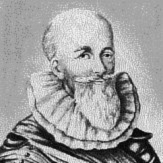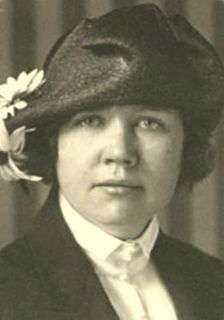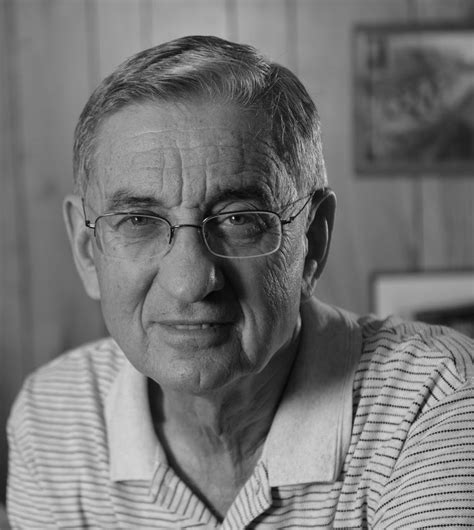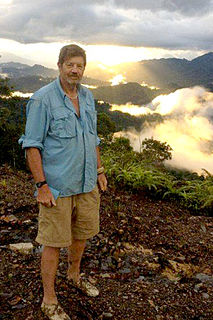A Quote by Susan Oliver
As our cities have developed, they've built sometimes small villages or communities that were in place. And we've taken for granted all of that child care, the neighbourliness, the help that you get from people nearby.
Related Quotes
Jewish villages were built in the place of Arab villages. You do not even know the names of these Arab villages, and I do not blame you, because these geography books no longer exist; not only do the books not exist, the Arab villages are not there either. Nahalal arose in the place of Mahalul, Gevat - in the place of Jibta, Sarid - in the place of Haneifs and Kefar Yehoshua - in the place of Tell Shaman. There is no one place built in this country that did not have a former Arab population.
By rebuilding transportation so that you're not owning this thing that just sits there all the time, you get to rebuild cities in the process. If we do this right as a country, we have a chance to re-create our cities with the people, rather than cars, at the center. Our cities today have been built for the car. They've been built for car ownership. Imagine walking around in the city where you don't see any parking lots and you don't need that many roads.
Life is a thin narrowness of taken-for-granted, a plank over a canyon in a fog. There is something under our feet, the taken-for-granted. A table is a table, food is food, we are we - because we don't question these things. And science is the enemy because it is the questioner. Faith saves our souls alive by giving us a universe of the taken-for-granted.
We came here to a country that was populated by Arabs and we are building here a Hebrew, a Jewish state; instead of the Arab villages, Jewish villages were established. You even do not know the names of those villages, and I do not blame you because these villages no longer exist. There is not a single Jewish settlement that was not established in the place of a former Arab Village.
A civic-minded nation is built by civic-minded neighbourhoods, whether in our cities or our villages. Where we respect the next-door person's space, privacy and rights. Where we do not inconvenience our neighbours - while celebrating a festival or while resorting to a protest or on any other occasion.
